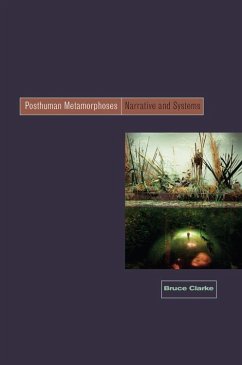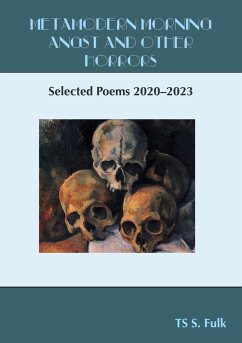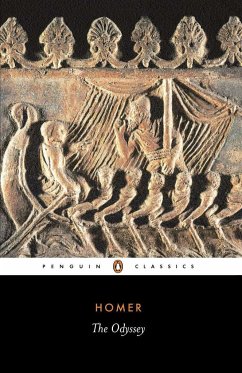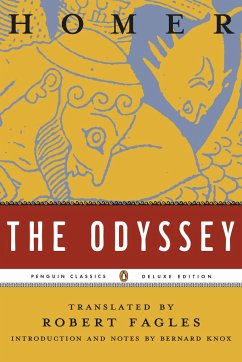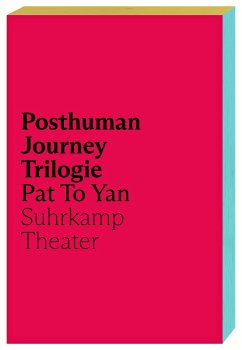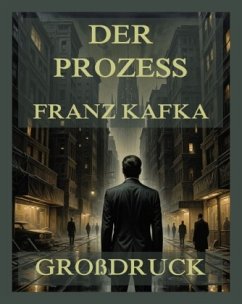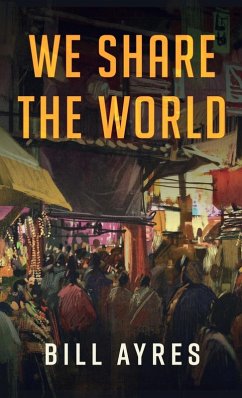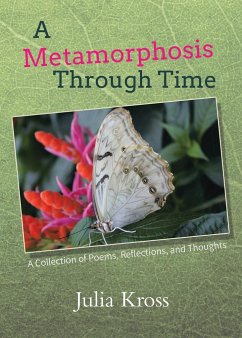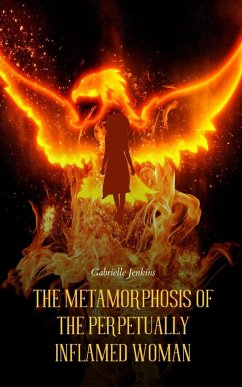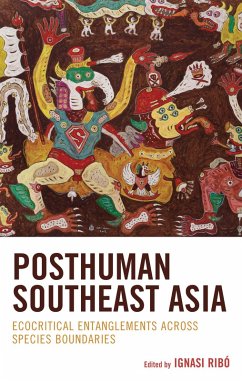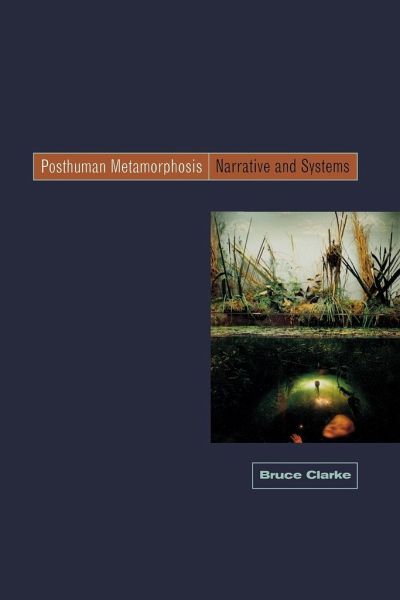
Posthuman Metamorphosis
Narrative and Systems

PAYBACK Punkte
18 °P sammeln!
From Dr. Moreau's Beast People to David Cronenberg's Brundlefly, Stanislaw Lem's robot constructors in the Cyberiad to Octavia Butler's human/alien constructs in the Xenogenesis trilogy, Posthuman Metamorphosis examines modern and postmodern stories of corporeal transformation through interlocking frames of posthumanism, narratology, and second-order systems theory. New media generate new metamorphs. New stories have emerged from cybernetic displacements of life, sensation, or intelligence from human beings to machines. But beyond the vogue for the cyborg and the cybernetic mash-up of the orga...
From Dr. Moreau's Beast People to David Cronenberg's Brundlefly, Stanislaw Lem's robot constructors in the Cyberiad to Octavia Butler's human/alien constructs in the Xenogenesis trilogy, Posthuman Metamorphosis examines modern and postmodern stories of corporeal transformation through interlocking frames of posthumanism, narratology, and second-order systems theory. New media generate new metamorphs. New stories have emerged from cybernetic displacements of life, sensation, or intelligence from human beings to machines. But beyond the vogue for the cyborg and the cybernetic mash-up of the organic and the mechanical, Posthuman Metamorphosis develops neocybernetic systems theories illuminating alternative narratives that elicit autopoietic and symbiotic visions of the posthuman. Systems theory also transforms our modes of narrative cognition. Regarding narrative in the light of the autopoietic systems it brings into play, neocybernetics brings narrative theory into constructive relation with the systemic operations of observation, communication, and paradox. Posthuman Metamorphosis draws on Bruno Latour, Donna Haraway, Niklas Luhmann, Cary Wolfe, Mieke Bal, Katherine Hayles, Friedrich Kittler, and Lynn Margulis to read narratives of bodily metamorphosis as allegories of the contingencies of systems. Tracing the posthuman intuitions of both pre- and post-cybernetic metamorphs, it demonstrates the viability of second-order systems theories for narrative theory, media theory, cultural science studies, and literary criticism.



